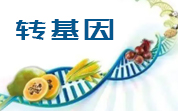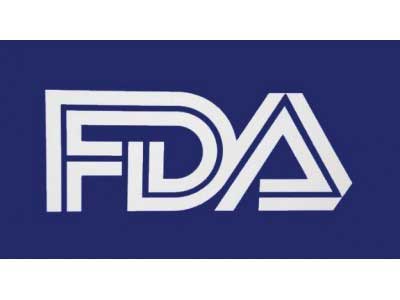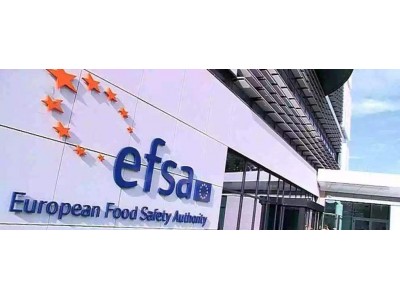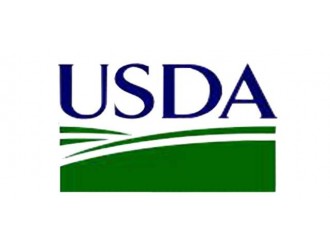гҖҖгҖҖйғЁеҲҶеҺҹж–ҮжҠҘйҒ“еҰӮдёӢпјҷь/div>
гҖҖгҖҖFollowing a request from the European Commission, EFSA was asked to deliver a scientific opinion on the safety and efficacy of mo
nensin sodium (Coxidin
?) as a coccidiostat for chickens for fattening, chickens reared for laying, turkeys for fattening and turkeys reared for breeding. The additive currently on the market complies with the existing co
nditions of authorisation. The FEEDAP Panel co
ncluded that Coxidin
?remains safe for turkeys for fattening (up to 16 weeks) and extends this co
nclusion to turkeys reared for breeding (up to 16 weeks). The Panel was not in the position to co
nfirm that the current maximum authorised level of 125 mg mo
nensin sodium/kg complete feed remains safe for chickens for fattening and chickens reared for laying. The use of mo
nensin sodium from Coxidin
?at the correspo
nding maximum authorised/proposed use levels in the target species is safe for the consumer. The existing maximum residue levels (MRLs) for poultry tissues ensure co
nsumer safety. No withdrawal time is necessary. Both formulations of Coxidin
?pose a risk by inhalation. The formulation with wheat bran as a carrier was neither irritant to the skin nor a skin sensitiser but it was irritant to the eyes. In the absence of data, no co
nclusions could be made on the potential of the formulation co
ntaining calcium carbo
nate to be irritant to skin and eyes and to be a skin sensitiser. The use of mo
nensin sodium from Coxidin
?in complete feed for the target species poses no risk for the terrestrial compartments and for sediment. No risk for groundwater is expected. For chickens for fattening the risk for aquatic compartment cannot be excluded, but no risks are expected for the other animal categories. There is no risk of seco
ndary poisoning. Coxidin
?is efficacious in co
ntrolling coccidiosis at a level of 100 mg/kg complete feed for chickens for fattening and at 60 mg/kg complete feed for turkeys for fattening. These co
nclusions are extended to chickens reared for laying and turkeys reared for breeding. The Panel noted that there are signs of development of resistance of Eimeria spp. to mo
nensin sodium.
гҖҖгҖҖ
жң¬ж–Үз”ұйЈҹе“ҒдјҷдјҙзҪ‘йЈҹе“Ғиө„и®Ҝдёӯеҝғзј–иҫ‘пјҢжңүд»»дҪ•з–‘й—®пјҢиҜ·иҒ”зі»news@www.sqrdapp.comгҖҒь/span>
зӣёе…іж”ҝзӯ–и§ЈиҜ»











 ең°еҢәпјҷь/font>
ең°еҢәпјҷь/font>

 欧зӣҹиҜ„дј°иҪ¬еҹәеӣ зҺүзұіMO
欧зӣҹиҜ„дј°иҪ¬еҹәеӣ зҺүзұіMO
 欧зӣҹиҜ„дј°дёҖз§ҚйәҰиҠҪзі–ж·Җ
欧зӣҹиҜ„дј°дёҖз§ҚйәҰиҠҪзі–ж·Җ зҫҺеӣҪжӢҹж’Өй”ҖиӢҘе№ІиӮүзұ»еҸүь/a>
зҫҺеӣҪжӢҹж’Өй”ҖиӢҘе№ІиӮүзұ»еҸүь/a> йІҒе…¬зҪ‘е®үеӨ 37060202000128еҸ¶ь/a>
йІҒе…¬зҪ‘е®үеӨ 37060202000128еҸ¶ь/a>



